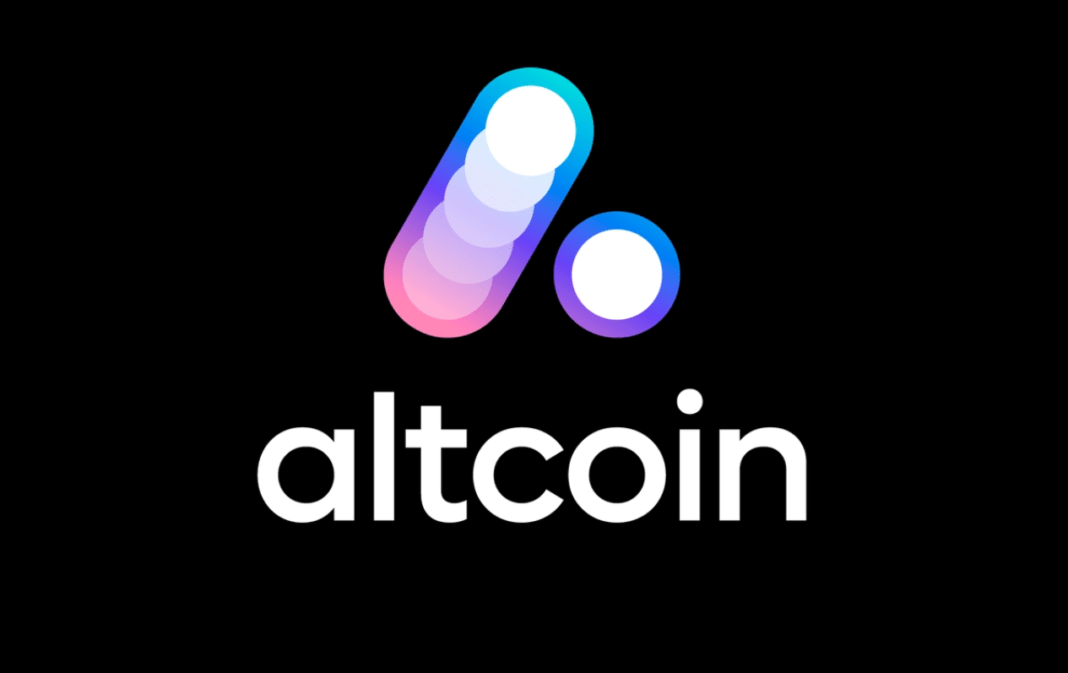Altcoins: The Cryptocurrency Revolution Beyond Bitcoin
Are you aware of the revolution that is happening beyond Bitcoin? Altcoins, the alternative cryptocurrencies, are gaining popularity and changing the way we think about money. Bitcoin was the first decentralized digital currency, but now there are thousands of altcoins available in the market, each with its unique features and purposes. In this article, we will explore Altcoins: The Cryptocurrency Revolution Beyond Bitcoin.
Introduction
The rise of cryptocurrency has brought many advantages over traditional currency. Cryptocurrencies are decentralized and operate on blockchain technology, making transactions secure and transparent. Bitcoin was the first cryptocurrency introduced in 2009, and it has been the most popular one since then. However, the introduction of altcoins has given people more choices in the market.
Altcoins are cryptocurrencies other than Bitcoin. They were created to address some of the limitations of Bitcoin, such as transaction speed, scalability, and privacy. Altcoins have various features, such as smart contract capabilities, privacy-focused, and community-driven. Some of the popular altcoins are Ethereum, Litecoin, Ripple, and Dogecoin.
Here are some reasons why altcoins are worth considering:
Lower Transaction Fees: Altcoins generally have lower transaction fees than Bitcoin, making them ideal for micropayments.
Fast Transaction Speeds: Altcoins like Ripple and Stellar are designed for fast transactions, making them ideal for cross-border payments.
Increased Privacy: Some altcoins like Monero and Zcash offer more privacy than Bitcoin, which is a big concern for many people.
Innovative Features: Altcoins like Ethereum have smart contract capabilities, making it possible to execute complex transactions automatically.
What are the Benefits of Altcoins:
1. Diversification
Altcoins offer diversification in the cryptocurrency market. It means that investors can spread their risk across different cryptocurrencies, reducing the risk of any single cryptocurrency performing poorly.
2. Lower Transaction Fees
Altcoins generally have lower transaction fees than Bitcoin. For example, Litecoin transaction fees are almost zero, making it ideal for micropayments.
3. Fast Transaction Speeds
Altcoins like Ripple and Stellar are designed for fast transactions, making them ideal for cross-border payments. Ripple can process up to 1,500 transactions per second, while Bitcoin can process only 7 transactions per second.
4. Increased Privacy
Altcoins like Monero and Zcash offer more privacy than Bitcoin. For example, Monero uses ring signatures to hide the sender’s address and transaction amount.
5. Innovative Features
Altcoins like Ethereum have smart contract capabilities, making it possible to execute complex transactions automatically. Smart contracts can be used for various purposes, such as voting, crowdfunding, and supply chain management.
What are the Risks of Investing in Altcoins:
1. Volatility
Altcoins are highly volatile, and their prices can fluctuate rapidly. It means that there is a risk of losing money if the price drops after you invest.
2. Lack of Regulation
The cryptocurrency market is largely unregulated, which means that there is a risk of fraud, hacking, and theft.
3. Security Risks
Investing in altcoin comes with security risks. You need to store your cryptocurrency in a secure wallet to protect it from theft or hacking.
4. Limited Adoption
Altcoins have limited adoption compared to Bitcoin. It means that there is a risk that the altcoin you invest in may not gain widespread adoption, leading to limited demand and lower prices.
5. Scams and Pump-and-Dump Schemes
The cryptocurrency market is also known for scams and pump-and-dump schemes, where investors are lured into investing in an altcoin that is artificially inflated in price and then dumped by the scammers, resulting in significant losses for investors.
How to Invest in Altcoins:
1. Research
Research is crucial before investing in any altcoin. Look for information on the altcoin’s technology, team, community, and adoption.
2. Choose a Wallet
Choose a secure wallet to store your altcoins. Hardware wallets like Trezor and Ledger are considered the most secure.
3. Choose an Exchange
Choose a reputable exchange to buy and sell altcoins. Some popular exchanges are Binance, Coinbase, and Kraken.
4. Buy the Altcoin
Once you have chosen the altcoin you want to invest in, buy it from the exchange using fiat currency or other cryptocurrencies.
5. Monitor your Investment
Keep track of your investment and monitor market trends. You may want to consider setting stop-loss orders to limit your losses in case the market goes against you.
Conclusion :
Altcoins offer a range of benefits, including lower transaction fees, faster transaction speeds, increased privacy, and innovative features. However, investing in altcoin also comes with risks, such as volatility, lack of regulation, security risks, limited adoption, and scams.
Before investing in any altcoin, it is essential to do thorough research, choose a secure wallet and reputable exchange, and monitor your investment carefully. As the cryptocurrency market evolves, altcoin will continue to play an important role in shaping the future of finance.
FAQs
1. What are altcoins?
Altcoin are cryptocurrencies other than Bitcoin. They were created to address some of the limitations of Bitcoin, such as transaction speed, scalability, and privacy.
2. What are the benefits of investing in altcoins?
Altcoins offer diversification, lower transaction fees, faster transaction speeds, increased privacy, and innovative features.
3. What are the risks of investing in altcoins?
The risks of investing in altcoin include volatility, lack of regulation, security risks, limited adoption, and scams.
4. How can I invest in altcoins?
Investing in altcoin requires careful consideration and research. You need to choose a secure wallet, or a reputable exchange, and monitor your investment carefully.
5. What should I consider before investing in altcoins?
Before investing in any altcoin, you should consider its technology, team, community, adoption, and market trends.
6. What is the future of altcoins?
As the cryptocurrency market evolves, altcoin will continue to play an important role in shaping the future of finance. The market for altcoin is expected to grow as more people adopt cryptocurrency for various purposes.
Also, Read About:- Dapps

